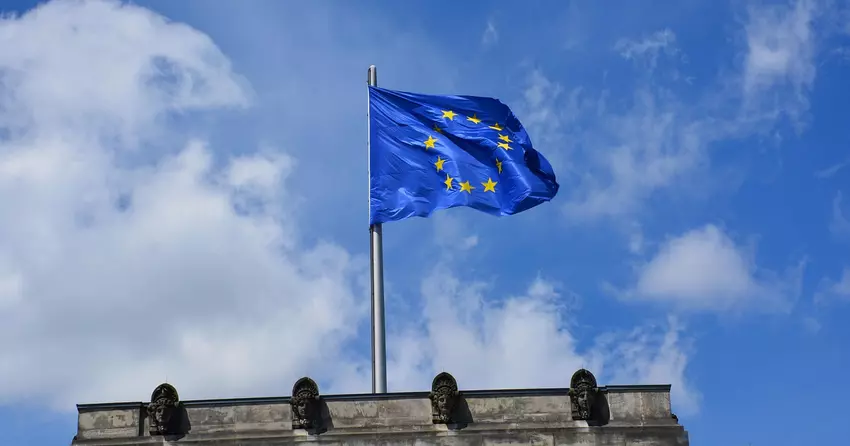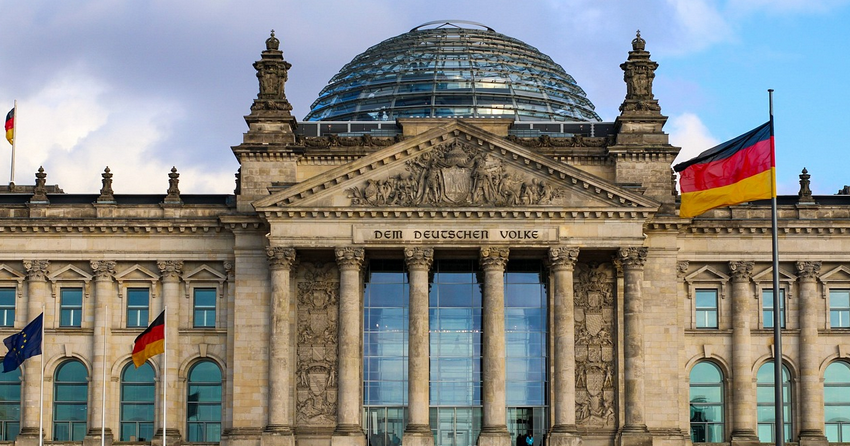
Capgemini CEO Criticizes EU Over New AI Regulations
In a recent interview with Reuters, Aiman Ezzat, the chief executive officer of French consulting group Capgemini, claimed that the bloc’s AI regulations had gone “too far,” possibly stifling innovation in the region. The EU AI Act aims to be the world’s most comprehensive set of regulations over AI.
Ezzat’s comments came just days before the Paris AI submit, held between February 10-11, where representatives from over 100 countries gathered to discuss the future of AI development. “We are still in the early days, and I already believe AI will be the most profound shift of our lifetimes,” said Sundar Pichai, CEO of Google.
Although the EU AI Act was passed last year, its first compliance deadline took effect on February 2 – just days before Ezzat’s comments. The deadline brought about a blanket ban on AI systems deemed to be an “unacceptable risk.”
“In Europe, we went too far and too fast on AI regulation,” said Ezzat, while acknowledging that the complete lack of global AI standards was “nightmarish.” “It’s complex for us because we have to look at regulation in every country where we operate, what we can do, what we cannot do, and what’s our responsibility as a developer,” he added.
Capgemini, one of the EU’s biggest IT consulting firms, has partnerships with major tech companies such as Microsoft, Google, and Amazon.
Ezzat isn’t the only European business head to express concerns about the EU AI Act. Back in 2023, Arthur Mensch, CEO of French AI startup Minstral AI, expressed complete opposition to the legislation. “We think that the deployer should bear the risk, bear the responsibility. And we think it’s the best way of enforcing some second-order pressure on the foundational model makers,” he told TechCrunch in an interview.
“There’s no need for specific pressure directly imposed to the foundational model maker. There’s no need. And it’s actually not possible to do,” he added.
Though it remains to be seen if more stringent AI rules will indeed stiffen innovation, Ezzat’s views might be shared by some world leaders and representatives, not just members of the AI industry, as both the EU and US refused to sign the AI pact at the Paris submit.














